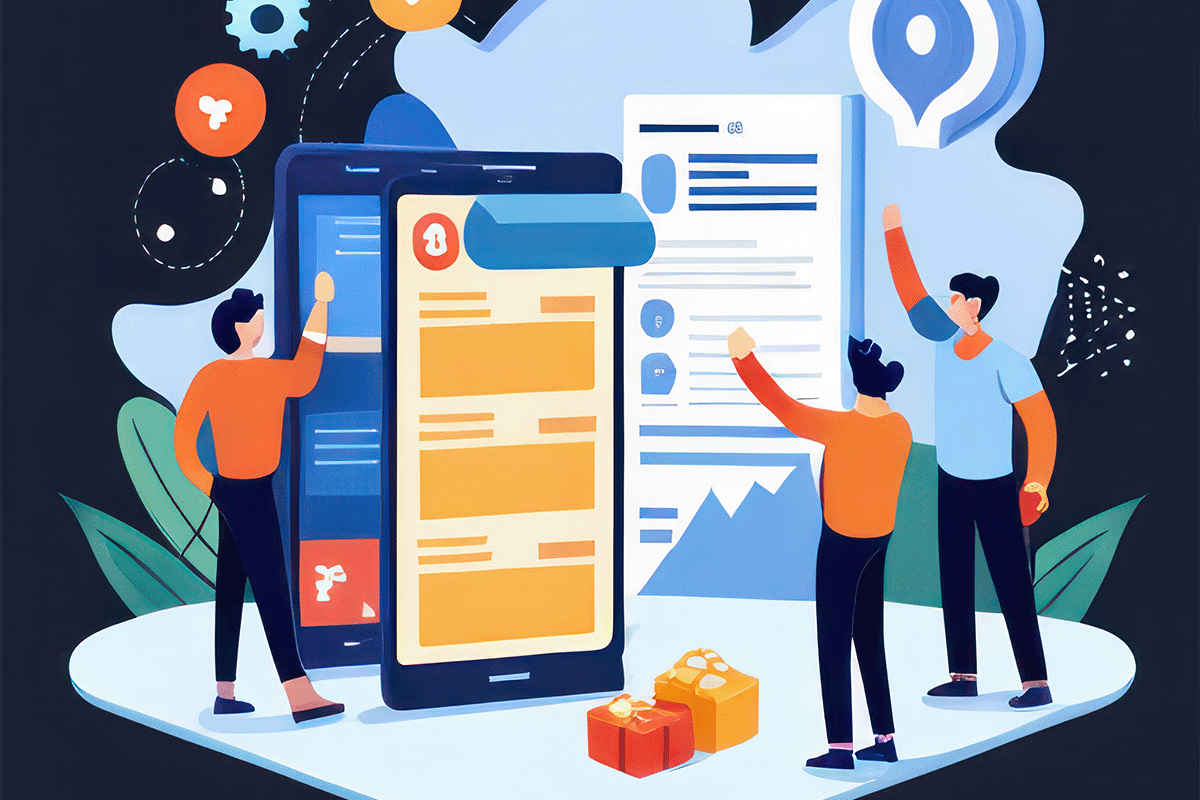Leverage the Power of NLP and AI to Transform Product Recommendations & Boost Customer Engagement
- 5 minutes read - 942 words
Table of Contents
Product recommendations can be a helpful tool in navigating the overwhelming amount of options available in today’s market. With conflicting choices and information overload, personalized recommendations can save time and effort for consumers, leading to more confident purchasing decisions.
Explore the role of LLMs and ChatGPT in the world of product recommendations, understand the core NLP tasks that contribute to their success, and learn about their advantages over traditional systems.
Product Recommendations using LLMs and ChatGPT
In today’s competitive market, businesses are increasingly relying on product recommendations to help customers find the most relevant items based on their preferences and browsing history. With the advent of new technologies such as LLMs (Large Language Models) and ChatGPT, companies can leverage the power of NLP (Natural Language Processing) to deliver more accurate, personalized, and engaging product recommendations than ever before. In this post, we’ll explore the role of LLMs and ChatGPT in product recommendations, comparing them to traditional approaches, and discussing the core NLP tasks that contribute to their success.
What are Product Recommendations
Product recommendations are a way for businesses to suggest products or services to customers or potential customers based on their preferences, behavior, or other factors. This has been a mainstay practice in both the online and offline retail world, helping customers navigate the seemingly endless array of choices by showcasing the most relevant options. LLMs and ChatGPT introduce a new approach to product recommendations, utilizing core NLP tasks such as sentiment analysis and named entity recognition to generate more accurate and targeted suggestions.
Traditional Product Recommendations
Traditional product recommendations are generally based on either collaborative filtering, content-based filtering, or a combination of the two. Collaborative filtering relies on user behavior data, such as browsing history, ratings, and purchase history, to find similarities between users and recommend products based on the preferences of similar users. Content-based filtering, on the other hand, uses item descriptions, keywords, and other metadata to match products with similar attributes. Despite these approaches being widely used, they have inherent limitations, such as the cold-start problem (i.e., when there’s not enough data to generate accurate recommendations) and an inability to handle nuanced or complex product preferences.
LLMs and ChatGPT for Product Recommendations
LLMs and ChatGPT open new opportunities in product recommendations as they can understand, interpret, and generate human-like text. These models, such as OpenAI’s GPT-3 or Google’s BERT, can be fine-tuned to generate more accurate and context-aware product recommendations. By utilizing the capabilities of LLMs and ChatGPT, businesses can overcome the limitations of traditional recommendations, provide relevant and personalized suggestions, and even engage in conversational AI, simulating human-like interaction with customers.
Comparison to traditional product recommendations
LLMs and ChatGPT offer several advantages over traditional product recommendations:
- Handling complex preferences: Unlike traditional approaches, LLMs and ChatGPT can interpret and understand customer preferences with a high level of granularity, even handling complex or nuanced requirements.
- Context-awareness: These models are capable of taking into account a wide range of contextual information, improving the relevance of their recommendations.
- Better handling of new products: LLMs and ChatGPT can analyze and generate recommendations for new products without a long “learning” process, making it easier to introduce them to customers.
- Creating engaging experiences: By leveraging the conversational aspect of ChatGPT, businesses can provide customers with a more interactive, engaging, and enjoyable experience while shopping online.
Core NLP Tasks used in LLMs and ChatGPT
To better understand the power of LLMs and ChatGPT in product recommendations, it’s important to consider the core NLP tasks they employ. These tasks include:
- Named entity recognition (NER): The ability to identify and categorize specific entities in text, like product names, brands, or locations.
- Part-of-speech (POS) tagging: Identifying and marking words in the text as nouns, verbs, adjectives, etc., which can help analyze customer preferences and requests more accurately.
- Sentiment analysis: Understanding the underlying sentiment of a text, such as user opinions or preferences, which can be leveraged to offer personalized recommendations.
- Topic modeling: Identifying the main themes or topics covered in a text, which can then be used to suggest relevant products.
- Word embeddings: Representing words in a high-dimensional space, enabling the model to make connections between similar words or phrases, which is helpful in understanding user preferences and generating accurate recommendations.
These core NLP tasks are fundamental to the success of LLMs and ChatGPT in providing effective product recommendations. By leveraging these tasks, businesses can gain deeper insights into customer preferences, tailor recommendations to individual users, and create engaging shopping experiences.
Conclusion
LLMs and ChatGPT are revolutionizing the world of product recommendations, bringing a level of accuracy and personalization that traditional methods struggle to achieve. By utilizing core NLP tasks, these models can understand complex preferences and context, generate more relevant recommendations for users, and create engaging experiences. The future of product recommendations will likely continue to develop in this direction, as businesses seek to leverage NLP and AI technologies to better serve their customers.
As technology evolves and LLMs and ChatGPT become even more sophisticated, we can expect to witness further advancements in product recommendation systems. Businesses that adopt these technologies early will enjoy a competitive advantage, as they can better understand and cater to their customers’ preferences, ensuring long-term loyalty and increased sales. In the fast-paced world of online retail, NLP-driven product recommendations are set to become a vital component of a successful customer experience.


